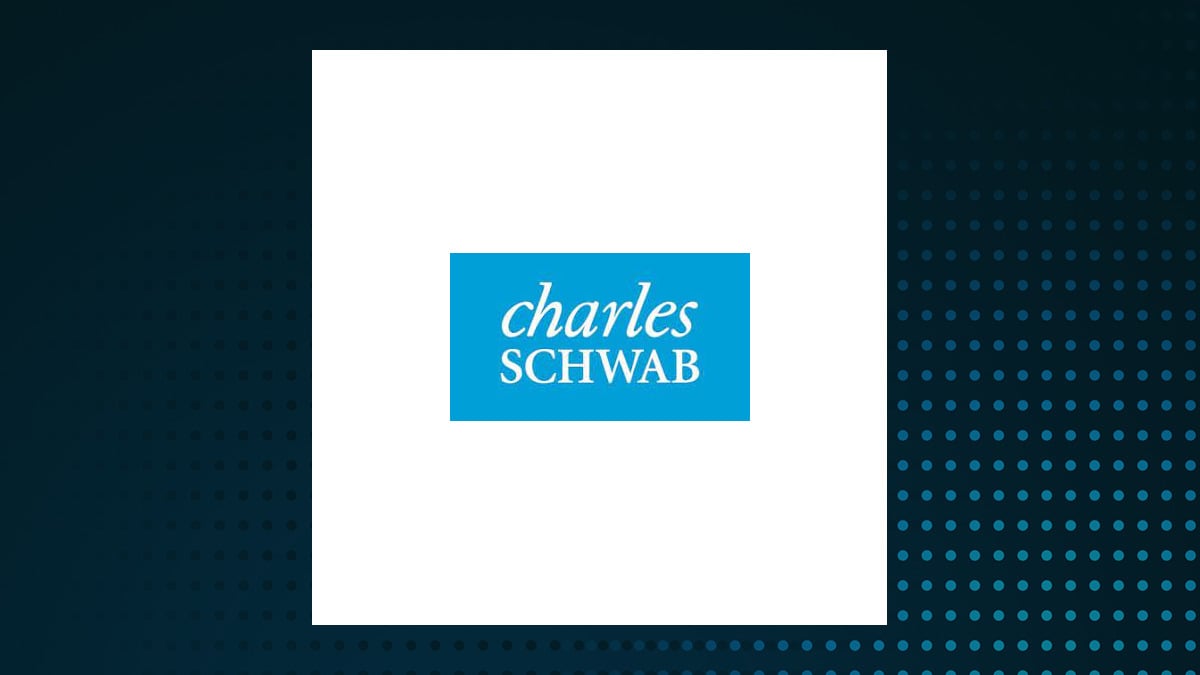
AzmanL/E+ via Getty Images I downgrade my rating for Wharf Real Estate Investment Company Limited ( OTCPK:WRFRF ) [1997:HK] or Wharf REIC from a Buy to a Hold. The latest Hong Kong retail sales statistics indicate that WRFRF's near-term prospects could be challenging, and both the company's revenue and operating earnings might decline for full-year FY 2024. On the other hand, the outlook for Wharf REIC and the Hong Kong retail market might get better in the midterm based on expectations of a weaker Hong Kong dollar in the future.
Wharf REIC boasts an attractive dividend yield of 6%, and this puts investors in a good position to wait out the potential turnaround. My current update touches on Wharf REIC's shareholder capital return outlook and the poor retail sales in Hong Kong. The prior March 31, 2024 article highlighted how the future performance of Wharf REIC, the owner of "Hong Kong's biggest retail mall" (Harbour City), could be affected by the changes in retail demand and the interest rate environment.

Wharf REIC's shares can be traded on the Stock Exchange of Hong Kong and the OTC (Over-The-Counter) market. Its OTC shares have modest trading liquidity. On the flip side, the company's Hong Kong shares boasted a reasonably good average daily trading value of $11 million for the past three months, as per S&P Capital IQ data.
Investors can deal in Wharf REIC's liquid Hong Kong-listed shares with US brokerages such as Interactive Brokers or Hong Kong stockbrokers like Boom Securities. Near-Term Outlook Has Become Unfavorable With Weak Hong Kong Retail Sales Hong Kong's Census and Statistics Department announced the latest monthly (July 2024) retail sales numbers for the city in a media release issued on August 30. This has negative read-throughs for Wharf REIC's short-term financial performance.
Retail sales in Hong Kong contracted by -11.8% YoY in July this year, which was worse than the city's -9.7% YoY retail sales decline for June 2024.
In particular, the "jewelry, watches and clocks, and valuable gifts" sales category for the Hong Kong market fell by -25.0% YoY in July 2024. In my end-March 2024 write-up, I had mentioned that "luxury retail demand" is a key factor influencing the "performance of Harbour City and Wharf REIC.
" The official August 2024 Hong Kong retail sales figures provided by the city's Census and Statistics Department will only be available in late or end September. But a Hong Kong Retail Management Association survey indicates that retail sales in Hong Kong could have decreased by a "single-digit to low-double-digit" percentage last month, according to an August 30 article posted on financial news portal AASTOCKS. At the company's 1H 2024 analyst call in early-August, WRFRF revealed that its Harbour City retail mall is "performing in line with the market.
" In other words, Wharf REIC's tenants at its retail properties are likely to be recording retail sales declines similar to the broader Hong Kong retail market. There is pressure on Hong Kong retail landlords like Wharf REIC to lower their retail rental rates in this tough retail environment. The chairman of Hong Kong Retail Management Association has made a public appeal to reduce rents for retail properties in the city by as much as 30% according to a recent September 2 South China Morning Post news report .
The unfavorable outlook for the Hong Kong retail market in the near term is reflected in the market's expectations of Wharf REIC's performance relating to top line and operating profitability. As per S&P Capital IQ data, Wharf REIC's revenue and operating income are forecasted to decrease by -1.2% and -3.
2% to HK$13,141 million and HK$9,673 million, respectively for full-year FY 2024. As a comparison, WRFRF's FY 2023 top line and operating profit grew by +6.8% and +13.
0%, respectively. I am no longer bullish on Wharf REIC after looking at the retail sales trend for the Hong Kong market. But Investors Are Paid To Wait For A Recovery With Appealing Dividend Yield My view is that a Hold rating (as opposed to a Sell rating) for Wharf REIC is fair.
Wharf REIC offers a pretty decent dividend yield that allows shareholders to be adequately rewarded while waiting for a potential turnaround that could materialize in the medium term. Wharf REIC currently boasts a consensus next twelve months' dividend yield of 6.0% as per S&P Capital IQ, which is based on a reasonably conservative forward one-year dividend forecast of HK$1.
31 per share (or HK$0.645 for a six-month period). As a comparison, the company distributed semi-annual dividends of HK$0.
64, HK$0.61, and HK$0.67 for 1H 2024, 2H 2023, and 1H 2023, respectively.
The company emphasized at its 2024 interim analyst briefing that "our dividend policy is consistent at 65% of core underlying net profit." In the preceding section, I drew attention to the analysts' consensus estimates suggesting that WRFRF will witness a -1.2% decline and a -3.
2% contraction in top line and operating profit, respectively for FY 2024. But the sell side projects that Wharf REIC's normalized net income will still rise modestly by +3.2% to HK$6,204 million in the current fiscal year according to S&P Capital IQ data.
This is reasonable, as the company's bottom line is expected to benefit from lower interest costs this year. With my previous March 30, 2024 update, I explained that WRFRF's future bottom line will be boosted by a "decrease in the Hong Kong benchmark interest rate" and the partial repayment of "debt in FY 2024 with funds generated by asset divestitures." In a nutshell, Wharf REIC should be able to maintain its semi-annual dividend distributions in the HK$0.
60-0.70 per share range going forward, considering a generous 65% payout dividend policy and lower interest expenses. More importantly, there is a good chance of Hong Kong's retail sales recovering in the intermediate term.
In the Hong Kong Census and Statistics Department's August 30, 2024 media release referred to above, it was highlighted that "the strong Hong Kong dollar" and "more outbound travels by residents" had hurt the city's retail sales in July. The Hong Kong dollar is pegged to the US dollar, so Fed rate changes will affect the strength of the Hong Kong currency. An August 20, 2024 Seeking Alpha News article cited Vanguard's research indicating that the Fed could possibly reduce the "federal funds rate target by 25 basis points in September" and has forecasted "a target range of 3.
25%–3.5% at the end of 2025" vis-a-vis the current 5.25%-5.
50% rate. Assuming that US interest rates trend downwards, the Hong Kong dollar will most likely weaken. This means that Hong Kong consumers will be less interested in traveling outside of the city, with lower purchasing power resulting from the potential Hong Kong dollar weakness.
Therefore, Hong Kong retail property landlord Wharf REIC could return to positive top line and operating income growth in FY 2025 or FY 2026, in tandem with expectations of an improving Hong Kong retail market environment for the medium term. In the meantime, Wharf REIC's investors are paid to wait with a reasonably good dividend yield. Conclusion The market currently values Wharf REIC at an undemanding trailing P/B ratio of 0.
36 times as per S&P Capital IQ. The company's shares are cheap for valid reasons, taking into account the weak retail sales in Hong Kong, where its key retail property Harbour City is located. Wharf REIC's forward dividend yield is appealing at 6%.
This means that investors will receive meaningful dividend income while they wait for a recovery in Hong Kong retail sales and an improvement in WRFRF's retail property rental operations. Editor's Note: This article discusses one or more securities that do not trade on a major U.S.
exchange. Please be aware of the risks associated with these stocks. Asia Value & Moat Stocks is a research service for value investors seeking Asia-listed stocks with a huge gap between price and intrinsic value, leaning towards deep value balance sheet bargains (i.
e. buying assets at a discount e.g.
net cash stocks, net-nets, low P/B stocks, sum-of-the-parts discounts) and wide moat stocks (i.e. buying earnings power at a discount in great companies like "Magic Formula" stocks, high-quality businesses, hidden champions and wide moat compounders).
Sign up here to get started today! The Value Pendulum is an Asian equity market specialist with over a decade of experience on both the buy and sell sides. He is the author of the investing group Asia Value & Moat Stocks , providing ideas for value investors seeking investment opportunities listed in Asia, with a particular focus on the Hong Kong market. He hunts for deep value balance sheet bargains and wide moat stocks and provides a range of watch lists with monthly updates within his investing group.
Analyst’s Disclosure: I/we have no stock, option or similar derivative position in any of the companies mentioned, and no plans to initiate any such positions within the next 72 hours. I wrote this article myself, and it expresses my own opinions. I am not receiving compensation for it (other than from Seeking Alpha).
I have no business relationship with any company whose stock is mentioned in this article. Seeking Alpha's Disclosure: Past performance is no guarantee of future results. No recommendation or advice is being given as to whether any investment is suitable for a particular investor.
Any views or opinions expressed above may not reflect those of Seeking Alpha as a whole. Seeking Alpha is not a licensed securities dealer, broker or US investment adviser or investment bank. Our analysts are third party authors that include both professional investors and individual investors who may not be licensed or certified by any institute or regulatory body.
.














